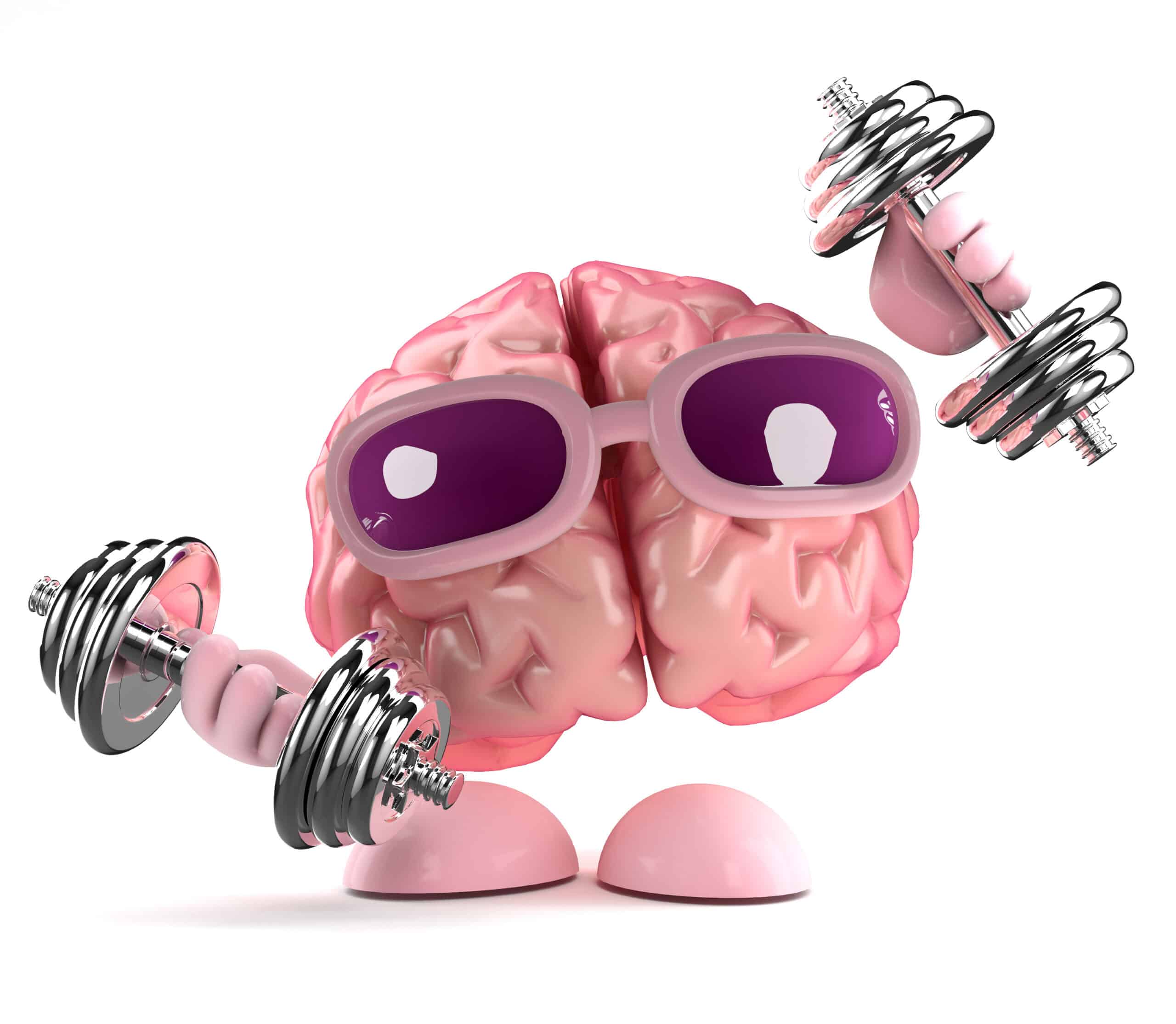“These results may help us to understand how physical activity affects brain health, which may guide us in developing strategies to prevent or delay age-related decline in memory and thinking skills,” said study author Géraldine Poisnel, Ph.D., of Inserm Research Center in Caen, France. “Older adults who are physically active gain cardiovascular benefits, which may result in greater structural brain integrity.”
In contrast, researchers found that the relationship between exercise and the metabolism of glucose in the brain was not affected by insulin or body mass index (BMI) levels. Reduced glucose metabolism in the brain can been seen in people with dementia.
The study involved 134 people with an average age of 69 who had no memory problems. The people filled out surveys about their physical activity over the past year. They had brain scans to measure volume and glucose metabolism. Information was gathered on BMI and insulin levels as well as cholesterol, blood pressure and other factors.
People with the most physical activity had a higher total volume of grey matter in their brains than people with the least amount of physical activity, with an average of about 550,000 cubic millimeters (mm³) compared to about 540,000 mm³. When researchers looked only at areas of the brain affected by Alzheimer’s disease, they found the same results.
Those with the most activity also had a higher average rate of glucose metabolism in the brain than those with the least amount of activity.
Higher physical activity was not associated with how much amyloid plaque people had in their brains. Amyloid plaque is a marker for Alzheimer’s disease.
Poisnel said more research is needed to understand the mechanisms behind these relationships. “Maintaining a lower BMI through physical activity could help prevent disturbed insulin metabolism that is often seen in aging, thus promoting brain health,” Poisnel said.
The study does not prove that exercise protects brain volume. It only shows an association.
A limitation of the study is that people reported their own physical activity, so they may not remember it accurately.
The study was supported by the European Union’s Horizon 2020 Research and Innovation Program, Region Normandy and MMA Foundation of Entrepreneurs of the Future.




